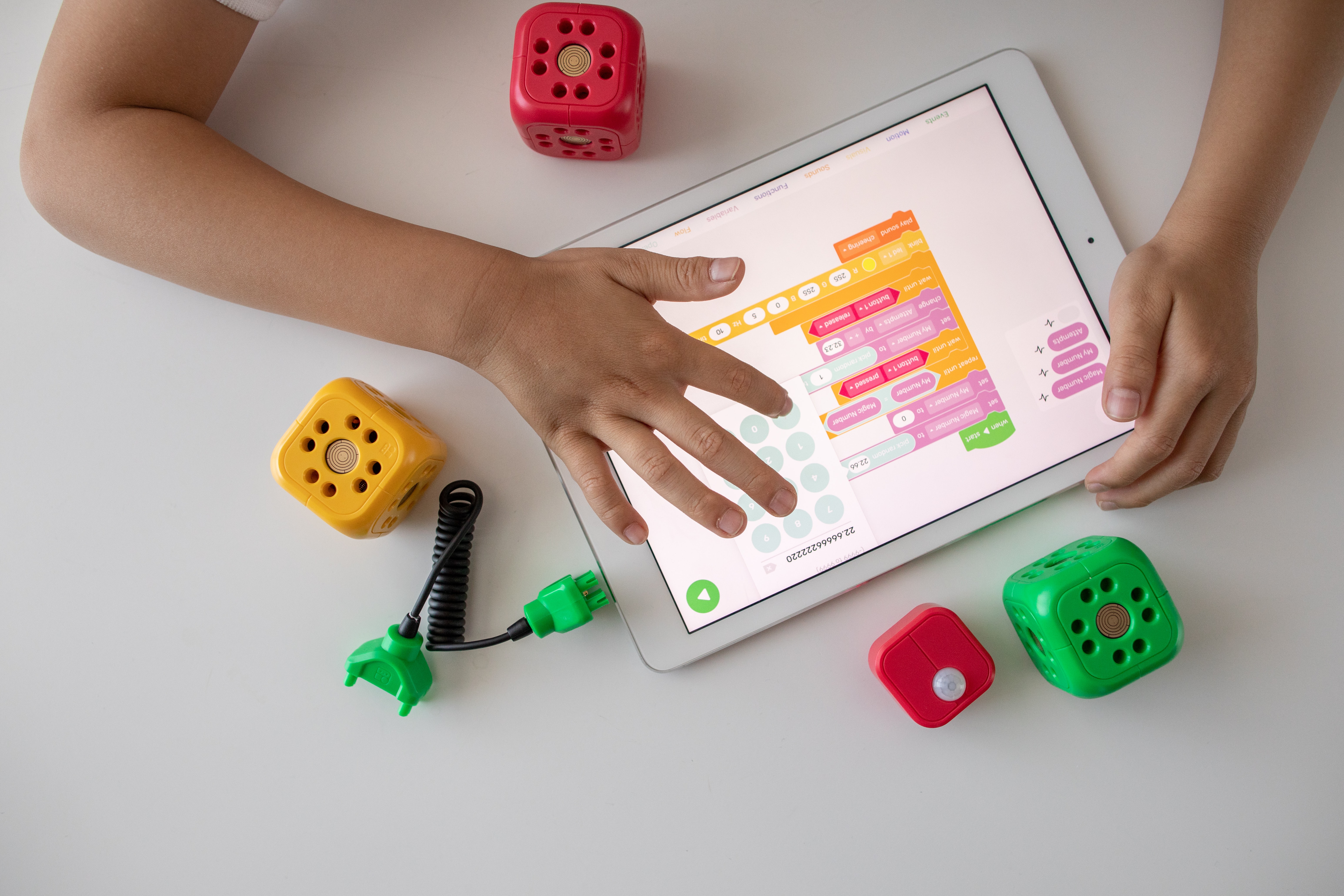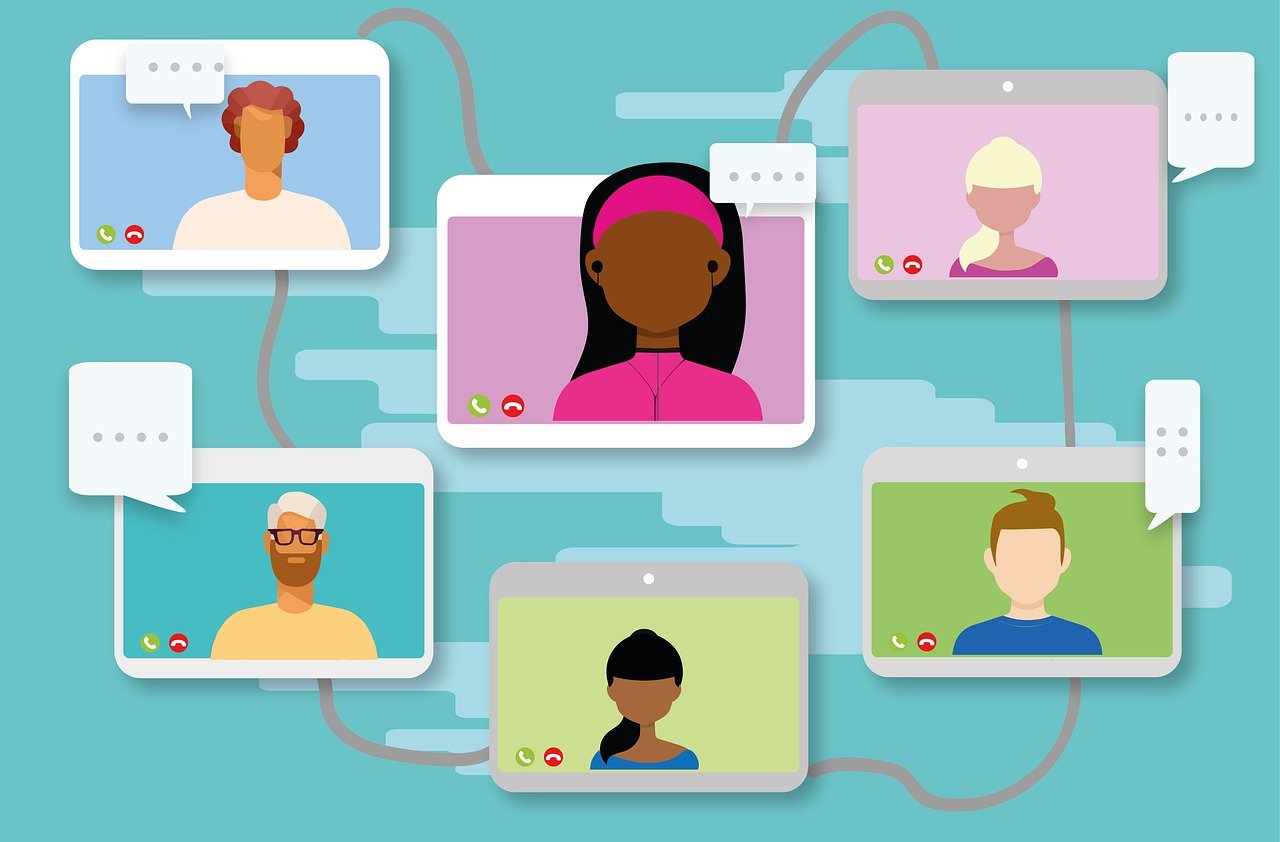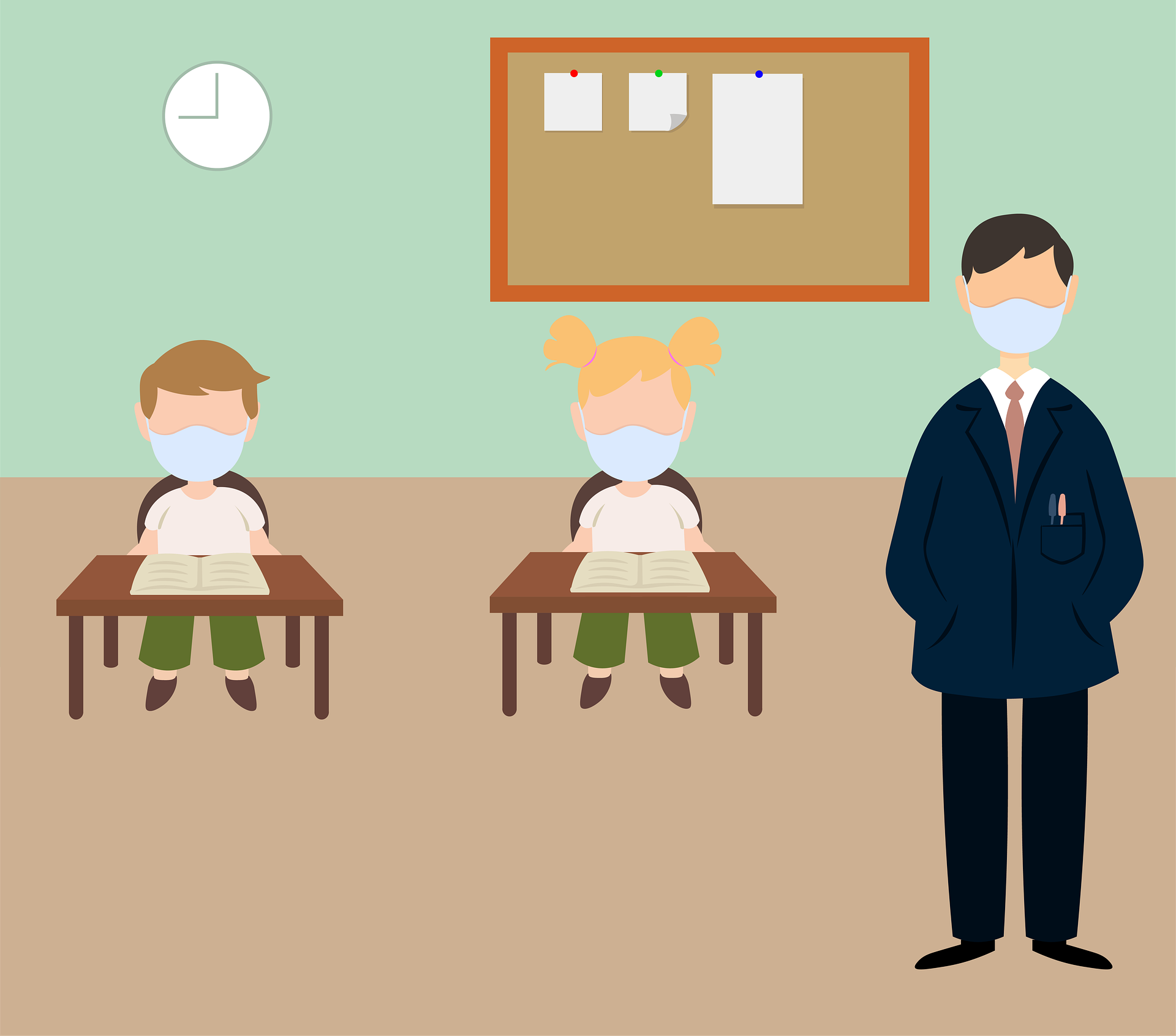It has never been more important to have parents and carers involved in the education of young people. The invisible social contract between home and school always seemed to have a line between ‘home’ and ‘school’: current circumstances have blurred that line.
To help me understand this changing relationship, I sat down with a Wholeschool colleague, Fintan, who gave me an insight into his own experiences, and how some of his client-schools are viewing this. Here’s what he had to say:
From my own experience there are many competing demands on my time and my wife’s time so most of our ‘involvement’ is more or less limited to finding out how ‘our’ children are doing rather than any broader need to understand things like the curriculum and current education initiatives. Remote Learning has changed a lot of things and the way we look at the Home-School arrangement.
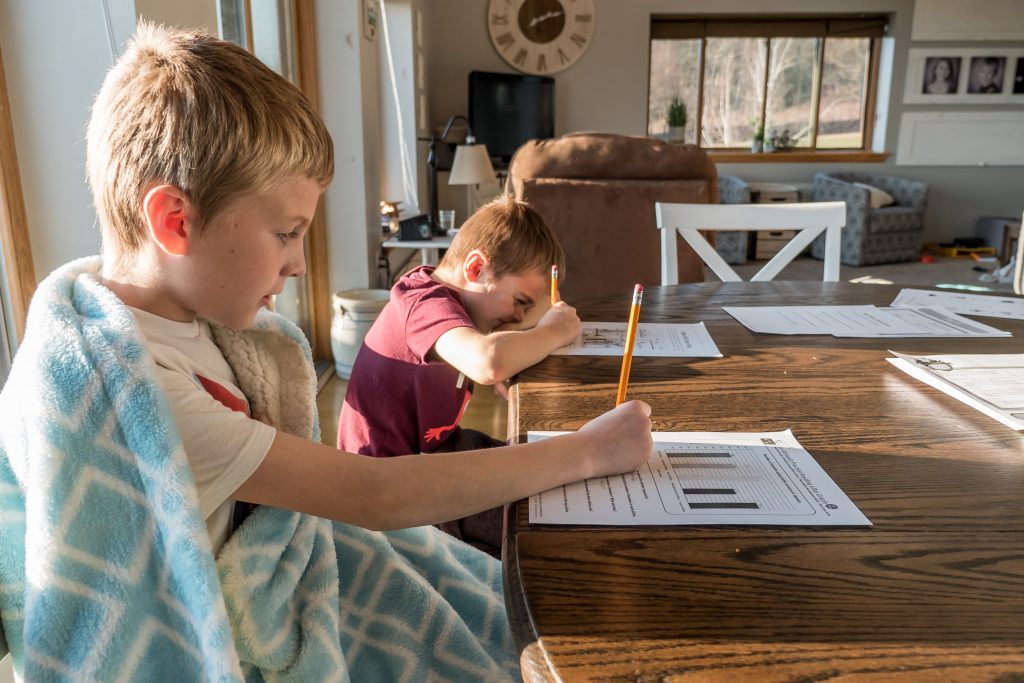
With my youngest, who is in P4 we can really get involved because it’s all about reading and numbers. We ‘understand’ everything so we’re confident we’re getting it right and compliment what the teacher is doing/expecting. My oldest child is in Year 8 and while we understand what he’s doing, we’re more hands-off. He’s becoming more independent and likes to do things on his own. We’re there more to support him and ensure he’s doing what he’s been asked to do. His teenage years will be interesting.
This may be my own experience but through my job in Wholeschool I have learnt that there are many other experiences of how parents and carers involve themselves in the new way of teaching and learning while children are at home.
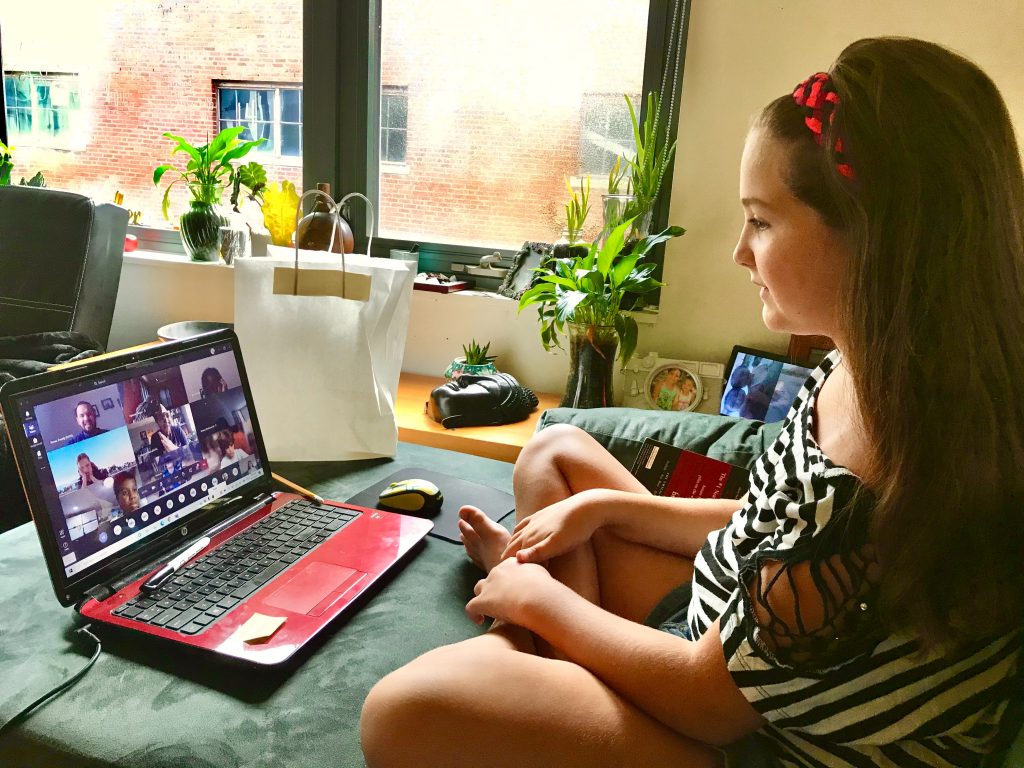
The general feeling is ‘the younger the children are the easier it is to be involved’. Years 1 to 3 there is an emphasis on the basics: letters, words and numbers. Almost all parents are confident in helping. The adage of ‘things have changed, I didn’t do it that way when I was at school’ doesn’t really apply. As children get older the confidence of some parents lessens. In the normal setting, children being at school, this is less of an issue. Under current circumstances it becomes one for many people. Like my own situation with my oldest boy, where ‘encouragement’ has replaced ‘help’, some parents can find themselves struggling to assist their children academically. This could be as a result of their own lack of education or perhaps their own experiences of education having been negative.
Pre-Covid things seemed straightforward. Teaching was largely the school’s responsibility and as a parent I had to make sure I was updated on my child’s progress or otherwise. That was ‘the way it worked’. And it worked for the most part. Now there are issues emerging which couldn’t have been predicted. Emotional health and well-being, Isolation, lack of socialisation and the widening attainment gap, to name a few.
We need only reflect on the process for transitioning pupils from Primary to Post-Primary education that recently dominated the local media. Lack of formal tests, lack of evidence-based assessment and a dearth of forthright information on testing and admissions criteria has led to confusion and frustration. Set in the context of Covid this proved and continues to prove problematical for all stakeholders: not least the students.
I remember when ‘Parental Involvement’ meant helping on school trips or with the soccer team. Raising funds for the school or putting myself forward for the PTA. I now consider an evening out at a Parent-Teacher meeting a luxury denied to me!
Technology has narrowed the gap in communication between parents and teachers. A whole new raft of methods has been developed and adopted to manage the relationship. Parent apps that ‘push’ information to parents can assist in planning and scheduling their lives. Education Technologies like Google Classroom, See-Saw, and MS Teams are making the teaching process (even in lockdown) a more interactive and inclusive experience. This having been said, the home environment is completely different to being at school. There are so many distractions, X-Boxes, TVs, toys, and indeed in some cases, siblings! The dynamic between parent and their ‘child-as-a-pupil’ is different to the teacher and the ‘child-as-a-pupil’. The role reversal is not an easy transition to accomplish smoothly. I have three children at different stages in their journey through education and I receive lots of messages from teachers every day about each of them. These could range from assigning work, on-line classes, corrections, feedback, to fundraising and general school news. All this and holding down a full-time job. It really does take the two of us!!
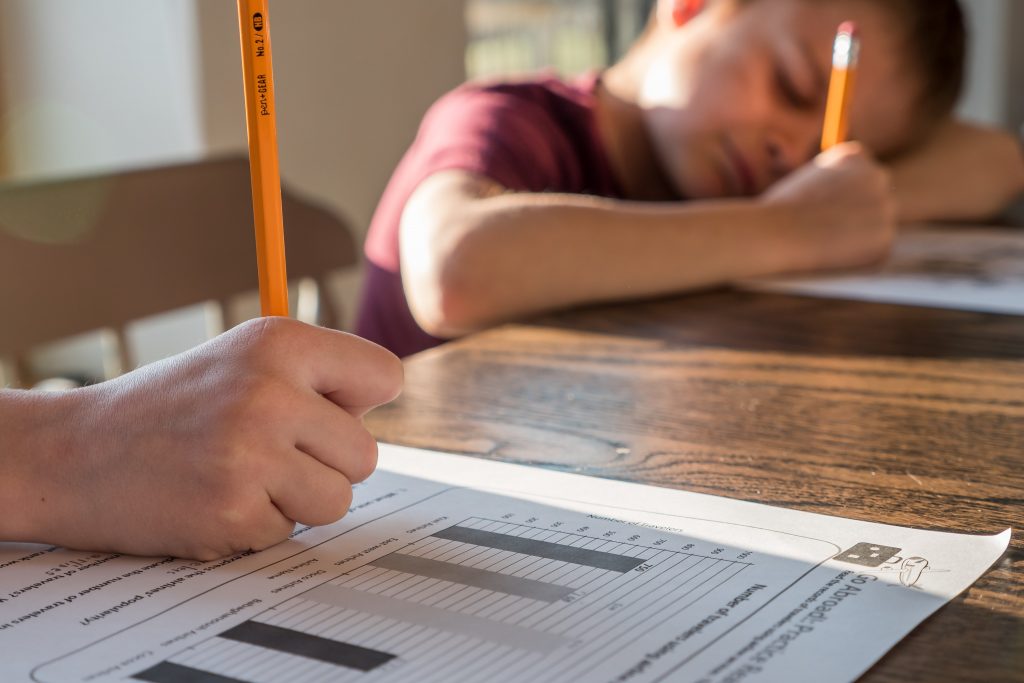
It has been a year now and it’s still going. What has been achieved by hard-working teachers and other staff has been remarkable. Their innovation, imagination, commitment, and passion, combined with technology, has shown them to be invaluable. I have worked in the Education Technology sector for nearly two decades and I’ve never seen more challenging circumstances: nor too have I seen more clearly our educators as the true professionals we all know they are.
Hopefully better days lie ahead.
